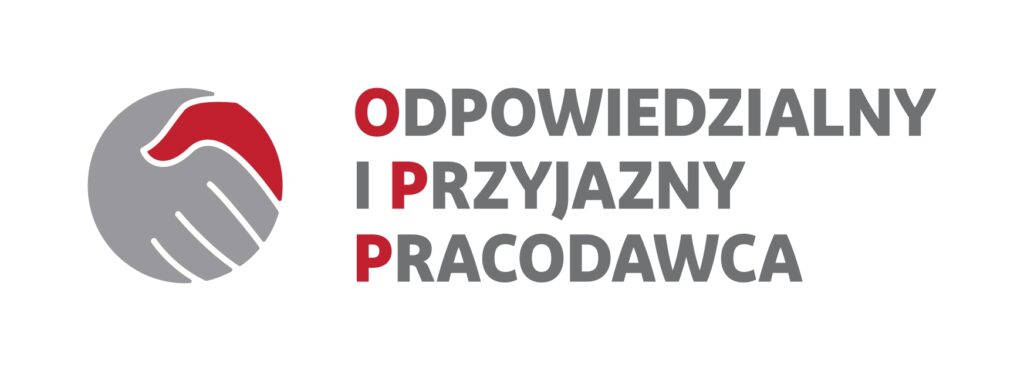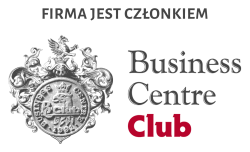Anna Derevyanko, the Executive Director of the European Business Association (EBA), the Ukraine’s largest organization of foreign investors, which was established under the auspices of the European Commission, told the NV portal, referring to the companies associated with her organization, that “the condition is severe, but the patient has survived.”[1] Currently, all of the Association’s member companies are operational (in March of last year it was 71%), whereas 9 out of 10 companies pay their employees full wages and salaries and, in addition, it can be said that in recent months companies have managed to build a financial “safety cushion.” While a year ago the financial reserves would have been sufficient to continue operations for a few months at most, they have now gone up significantly and are sufficient for six months to a year of operation. This does not mean, however, that everything has gone back to normal, like it was in the pre-war Ukraine. 83% of the Association’s surveyed companies report a decline in revenues (measured in US dollars), with 54% of them exceeding 20%. Most of the companies have had to incur expenditures related to securing a steady supply of energy (generators, photovoltaic systems, etc.) and still have significant problems maintaining continuous production. One-third of the companies entering the Association suffered, due to the war, losses of up to one million dollars, while a little more than 33% say they suffered losses ranging from 1 to 10 million, 25% had assets in the areas now occupied by the Russians. Businesses operating in Ukraine have been adapting to the new severe conditions, but for the time being, they have suspended investment plans and are not developing new projects. Exactly for this reason the Deputy Prime Minister in charge of the economy, Yulia Sviridenko, has announced (a draft of the relevant law has already been submitted to the Verkhovna Rada of Ukraine) the setting up of government system to insure foreign investments against political risks, including those associated with the on-going war. Registered under No. 9015, the relevant law provides for the authorization of the Export and Credit Agency to insure, up to 100% of their value, business risks related to the war.
The implementation documents are expected to be prepared within the next three months, but it is already clear from the government’s proposal that in addition to the pilot project currently underway, which insures assets with the maximum value of US $30 million, the Agency’s major project, with a maximum insurance limit of US $1 billion, is to be launched later this year. The project is supposed to benefit from government guarantees and the cost of the insurance policy should be in the range of 0.5 to 5% of the insured assets. The representatives of the Ukrainian government, which has recently signed a special framework agreement with JP Morgan bank and the institution is expected to actively seek investors, are soliciting intensively the participation of American, British, French, also Polish businesses in the future reconstruction of the country. The needs are enormous, for in terms of infrastructure alone, according to the estimates by the Kiev School of Economics, war damage by the end of 2022 closed at almost US $138 billion, of which houses and apartments were valued at US $ 54 billion, infrastructure facilities at US $ 35.6 billion, the assets of educational institutions at US $ 8.6 billion and losses in the energy sector were estimated at US $ 6.8 billion. One of the tools the Denis Shmyhal government wants to use to attract foreign investment, but also to accelerate economic growth while the war is still underway, is deregulation. Yulia Svyrydenko, the Ukraine’s Deputy Prime Minister and Minister of Economy, has announced that this year alone the government intends to abolish 47% of the business restrictions still in force in the form of various types of licenses, permits or other regulations restricting the economic freedom[2]. Currently, more than a thousand administrative business regulations of various kinds are still upheld in Ukraine, in the form of permits (528 types), licenses (224) certificates (121) or special approvals (145). However, a special inter-departmental working group that the Denys Shmyhal-led government set up in early January intends to abolish quickly the restrictions focusing in the first row on market entry administrative and competition containing roadblocks. The team’s first recommendations, submitted to the Cabinet a month after its establishment, envisage the abolishment of 47 administrative approvals and permits[7].

*Marek Budzisz - Polish historian and journalist. Expert on Russia and the post-Soviet East. Author of historical and journalistic books.
- [1] https://biz.nv.ua/experts/9-iz-10-predprinimateley-oshchushchayut-posledstviya-obstrelov-vyplachivaet-li-biznes-polnye-zarplaty-50305926.html
- [2]https://www.ukrinform.ua/rubric-economy/3674092-dla-zalucenna-investicij-potribni-mehanizmi-strahuvanna-voennih-rizikiv-sviridenko.html
- [3] https://itd.rada.gov.ua/billInfo/Bills/Card/41349
- [4] https://www.ukrinform.ua/rubric-economy/3668152-jp-morgan-dopomoze-zaluciti-investicii-dla-vidbudovi-ukraini-minekonomiki.html
- [5] https://delo.ua/ru/economy/deregulyaciya-biznesa-v-ukraine-mogut-otmenit-pocti-polovinu-licenzii-i-razresenii-410281/
- [6] https://delo.ua/ru/business/kabmin-sozdal-rabocuyu-gruppu-po-uskorennomu-peresmotru-gosregulirovaniya-biznesa-409539/
- [7] https://www.ukrinform.ua/rubric-economy/3663020-deregulacia-smigal-kaze-so-urad-moze-skasuvati-47-licenzij-i-dozvoliv.html
- [8] https://apostrophe.ua/article/economy/budget/2023-02-04/dengi-v-obmen-na-reformyi-chto-doljna-sdelat-ukraina-radi-milliardov-es/50281
- [9] https://www.eurointegration.com.ua/rus/articles/2023/02/3/7155446/
- [10] https://www.slovoidilo.ua/2023/02/08/infografika/polityka/koly-ukrayina-stane-chlenom-yevrosoyuzu-prohnozy-ukrayinskyx-ta-yevropejskyx-politykiv
- [11] https://babel.ua/news/90883-yevrokomisiya-oficiyno-zaproponuvala-shche-rik-skasuvati-mita-dlya-ukrajinskih-tovariv
- [12] https://www.unian.ua/economics/finance/na-shlyahu-do-yes-yak-ukrajinskiy-ekonomici-shvidshe-integruvatis-z-yevropeyskoyu-12138699.html
- [13] https://zn.ua/POLITICS/v-kiev-pribyli-auditory-ssha-chtoby-prokontrolirovat-ispolzovanie-pomoshchi.html
- [14] https://zn.ua/macrolevel/sledovateli-i-auditory-mohuchej-trojki-protiv-ukrainskoj-korruptsii.html
- [15] https://www.eurointegration.com.ua/rus/news/2023/01/10/7153897/
- [16] https://delo.ua/ru/economy/cego-ozidat-ot-didzitalizacii-nalogovoi-i-ee-servisov-410178/
- [17] https://vidbudova.online/svyrydenko-rozpovila-yakoyu-bude-ekonomika-ukrayiny/



